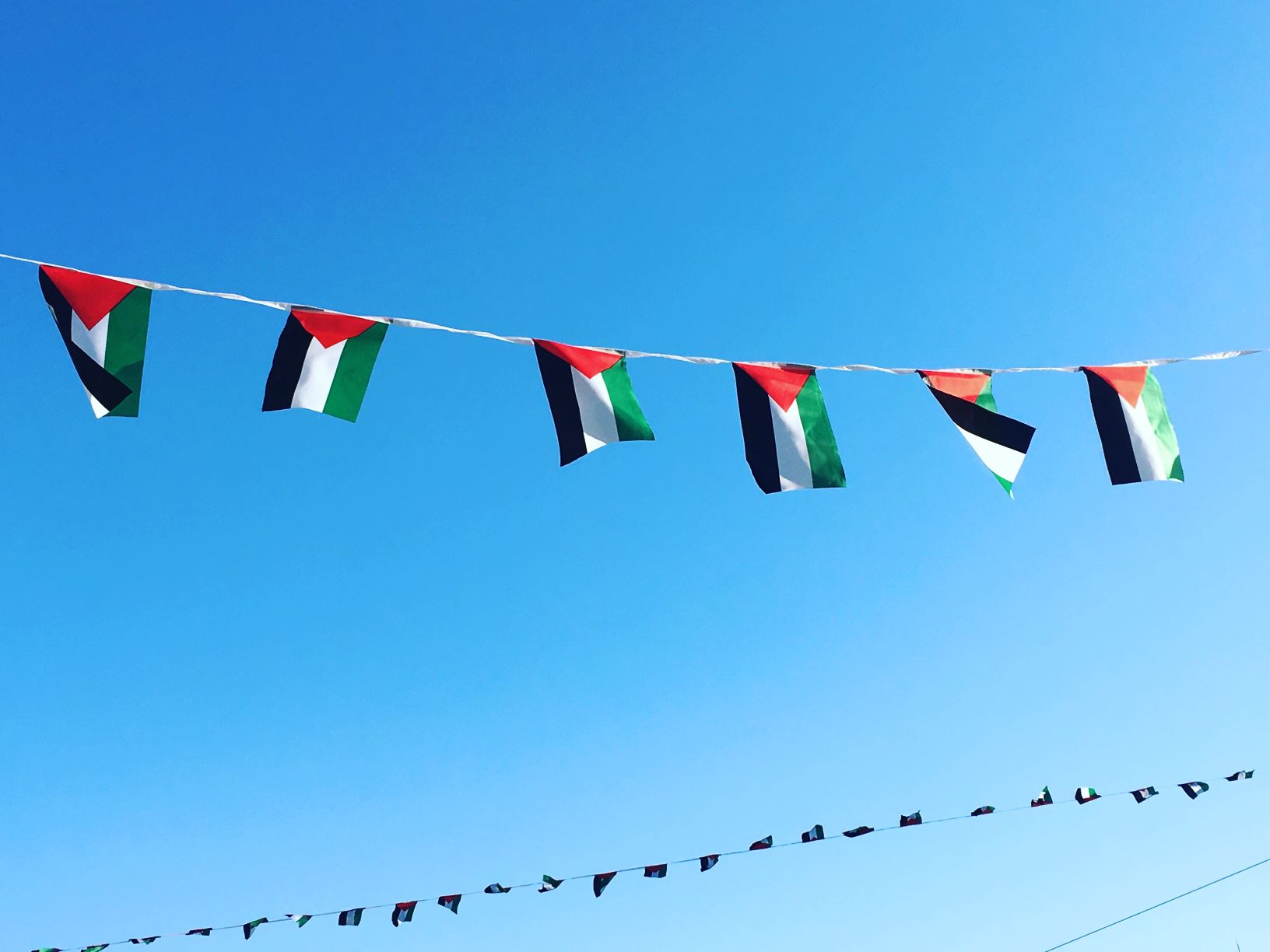In the last month, the Edexcel GCSE history textbooks for this year have been recalled, following complaints by the British Committee for the Universities of Palestine (BRICUP). The BRICUP has highlighted how these textbooks favour the Israeli point of view when discussing the topic of conflicts in the Middle East between the years 1945 and 1995. Pearson has been criticised for vastly underplaying the suffering of the Palestinians, and instead amplifying Palestinian violence, leaving it unexplained. It is important to understand the withdrawal of Pearson’s textbook as part of a wider issue – that textbooks tend to gloss over unsavoury details of historical events and present a view of history that is filtered through a white European lens which shapes the predominant narrative and implicitly portrays white European colonisers as heroic, “fully formed” figures, while marginalising the legitimate contributions of the colonised at best, and blaming them for their own misfortune and suffering at worst.
As a student, I feel that decolonising the curriculum in the UK is necessary to reflect and relay the true racist and violent nature of colonial rule, to include an honest discussion of the history of white supremacy and racism inherent in colonialism, and to create space for and include voices of marginalised and oppressed communities.
As a Palestinian, I expect the truth about the history of my people and what they have experienced, and are still experiencing, to be taught in children’s classrooms across the UK. This includes teaching about uncomfortable truths, such as the indiscriminate killing of Palestinian civilians, including children, in the Deir Yassin massacre in 1948, which was part of an ethnic cleansing campaign to facilitate the establishment of the state of Israel. This is a well-documented undisputed factual account of history that was removed from Pearson textbooks (at the behest of UK Lawyers For Israel in October 2019) in an attempt to whitewash the violent nature of the ethnic cleansing of Palestinians by Israel. I am personally affected by the actions of Israel in 1948, as my grandfather was exiled from his home and was forced to escape as a refugee. I have grown up listening to the stories of my grandfather’s life of struggles, fear and anger, and I believe that stories like his should be shared in schools in the UK, as Britain played an integral role in creating this conflict.
I believe that it is the responsibility of the Department for Education to ensure the history of the Middle East and Britain’s role in shaping it be taught in classrooms in a way that reflects Britain’s unique role and responsibility in the historic and ongoing dispossession, displacement and oppression of the indigenous Palestinian people, all enabled by Britain as the colonial power ruling over Palestine. The Balfour Declaration 1917 promised to establish a ‘national home for the Jewish people’ in Palestine in a flat disregard of both the presence and wishes of the indigenous Palestinians. This British declaration singlehandedly allowed for the Zionist goal of establishing a Jewish state in Palestine a reality.
At its core, this is neither a controversial nor a complicated issue, and there are no two “equal sides”. The government’s notion of presenting a ‘balanced’ narrative from ‘both sides’ in these textbooks is disingenuous and misleading considering the inherent power imbalance between an oppressive powerful state and an oppressed stateless people. Those who stood against Apartheid South Africa were not deemed “partial” or “biased” when they criticized the apartheid regime.
Thus, we can no longer accept the representation of what is happening in Palestine to be anything but what it is: a colonial regime that has dispossessed the indigenous Palestinian population of their land (and continues to do so today) and a violent Apartheid regime that oppresses the Palestinian population purely based on their race/ethnicity.
Following the most recent Israeli state violence against Palestinians, some school children who peacefully expressed solidarity in the UK were unfairly punished, some of whom were excluded – a punishment typically reserved for the most serious offences. This disproportionate response is indicative of a larger, concerted effort to silence Palestinian and pro-Palestinian voices by creating a hostile environment that has a chilling effect for both teachers and students within schools and classrooms. It is distressing that these punishments were even allowed to be inflicted, and, as a Palestinian, it makes me feel a sense of hopelessness.
Empathy and compassion are values at the heart of education. Punishing children for speaking up in support of Palestinians, or any other oppressed or marginalised community, goes directly against these core values. We should be encouraging our children to stand up for justice and equality, not punishing them when they do.







